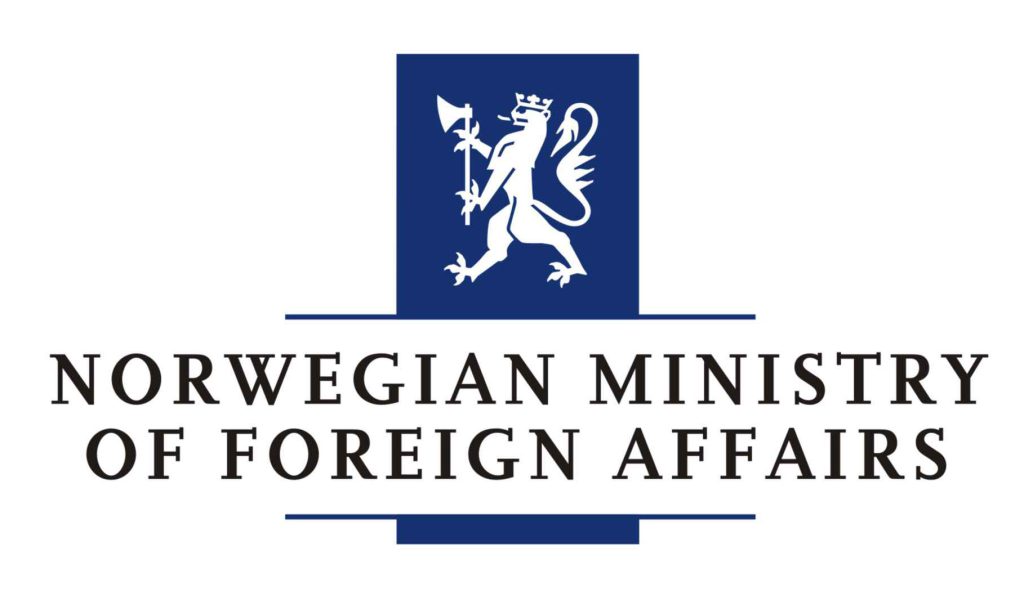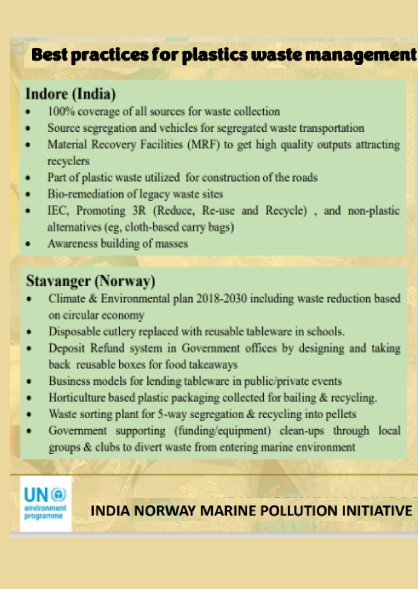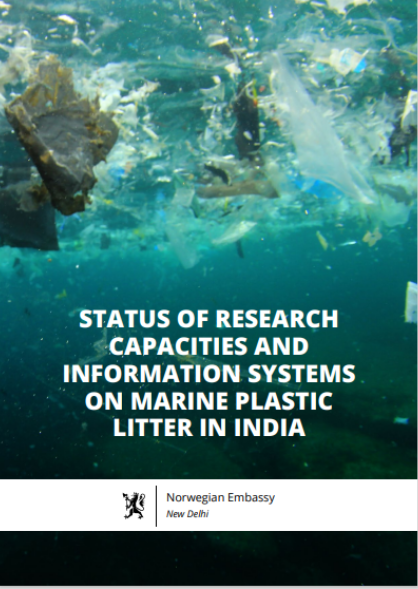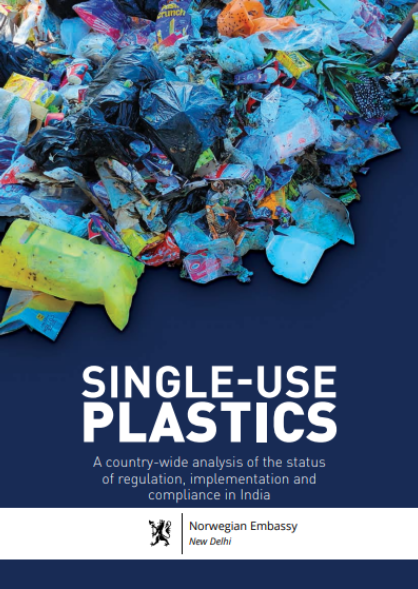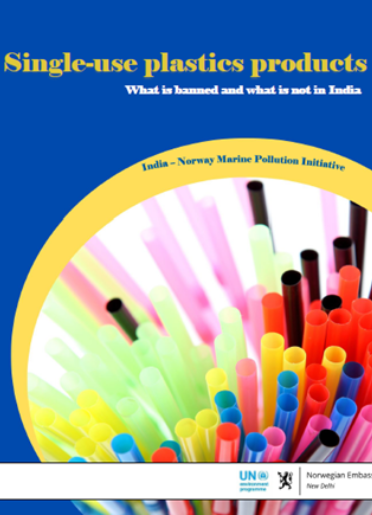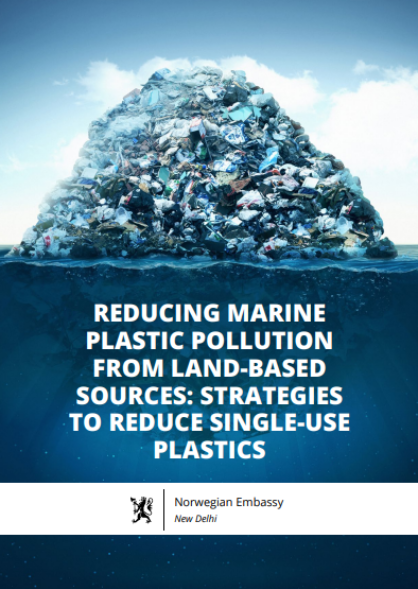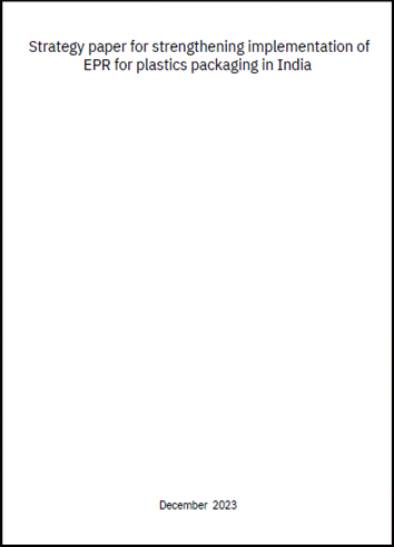
A working draft prepared under the India-Norway Marine Pollution Initiative to understand the challenges in implementing EPR system in India and document practices followed across the world on designing and implementing similar EPR guidelines. Based on this, it identifies key measures to further strengthen implementation of EPR for plastic packaging in India. Download File

